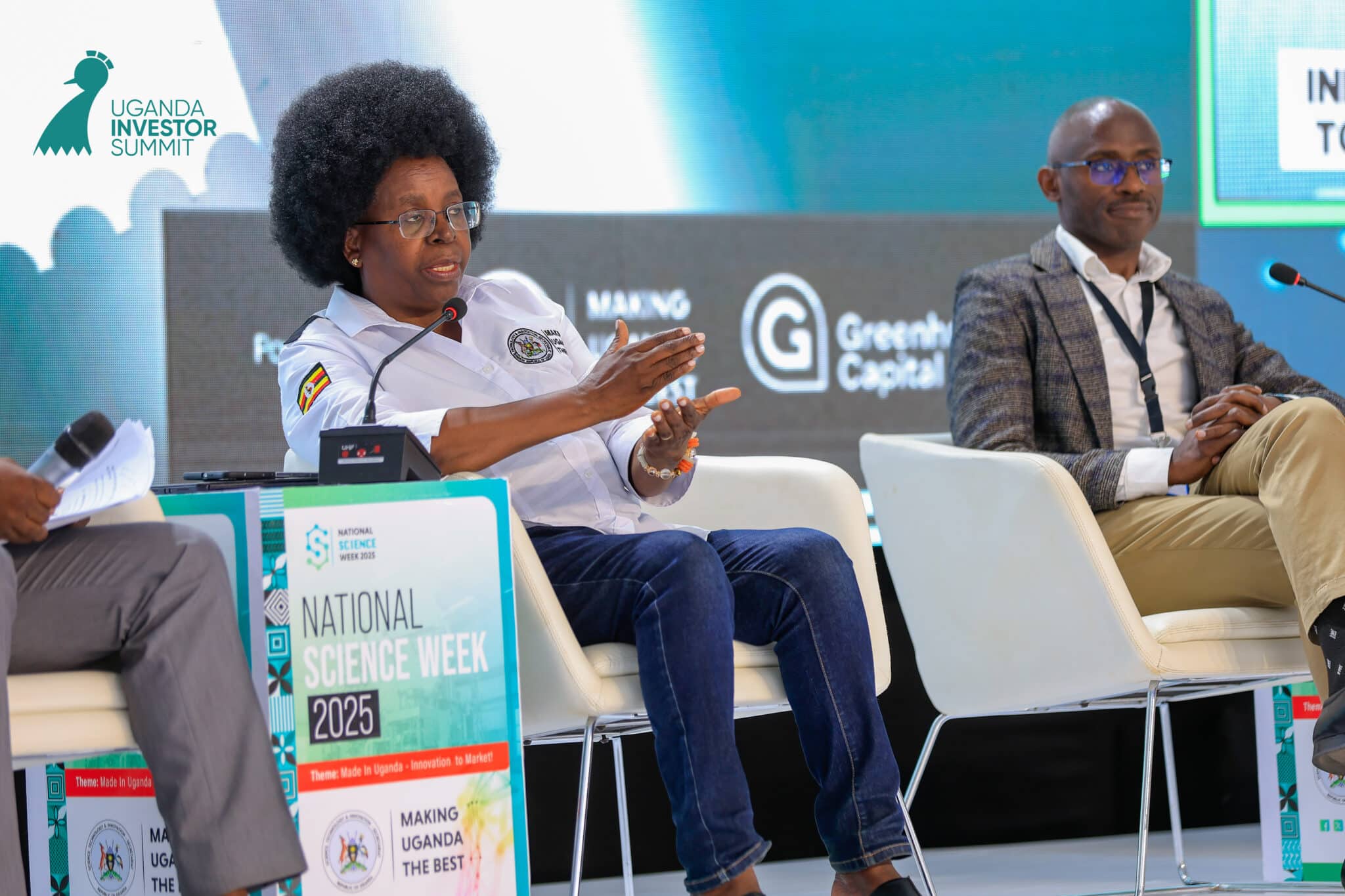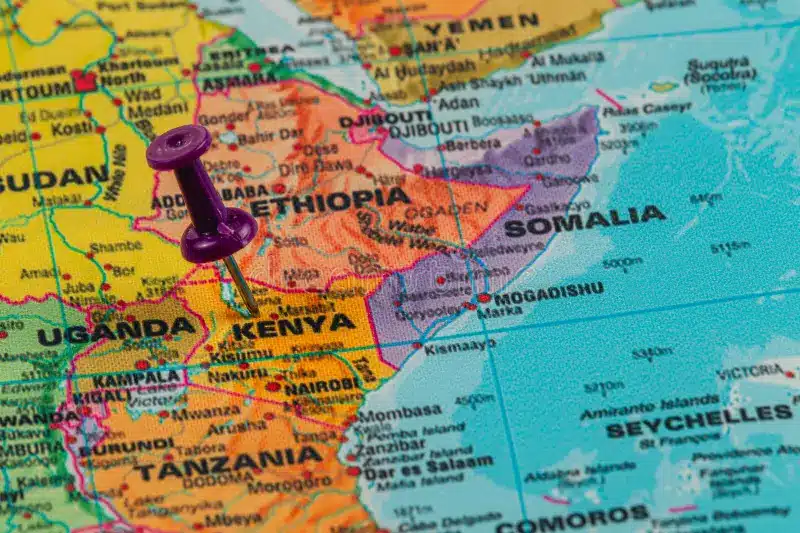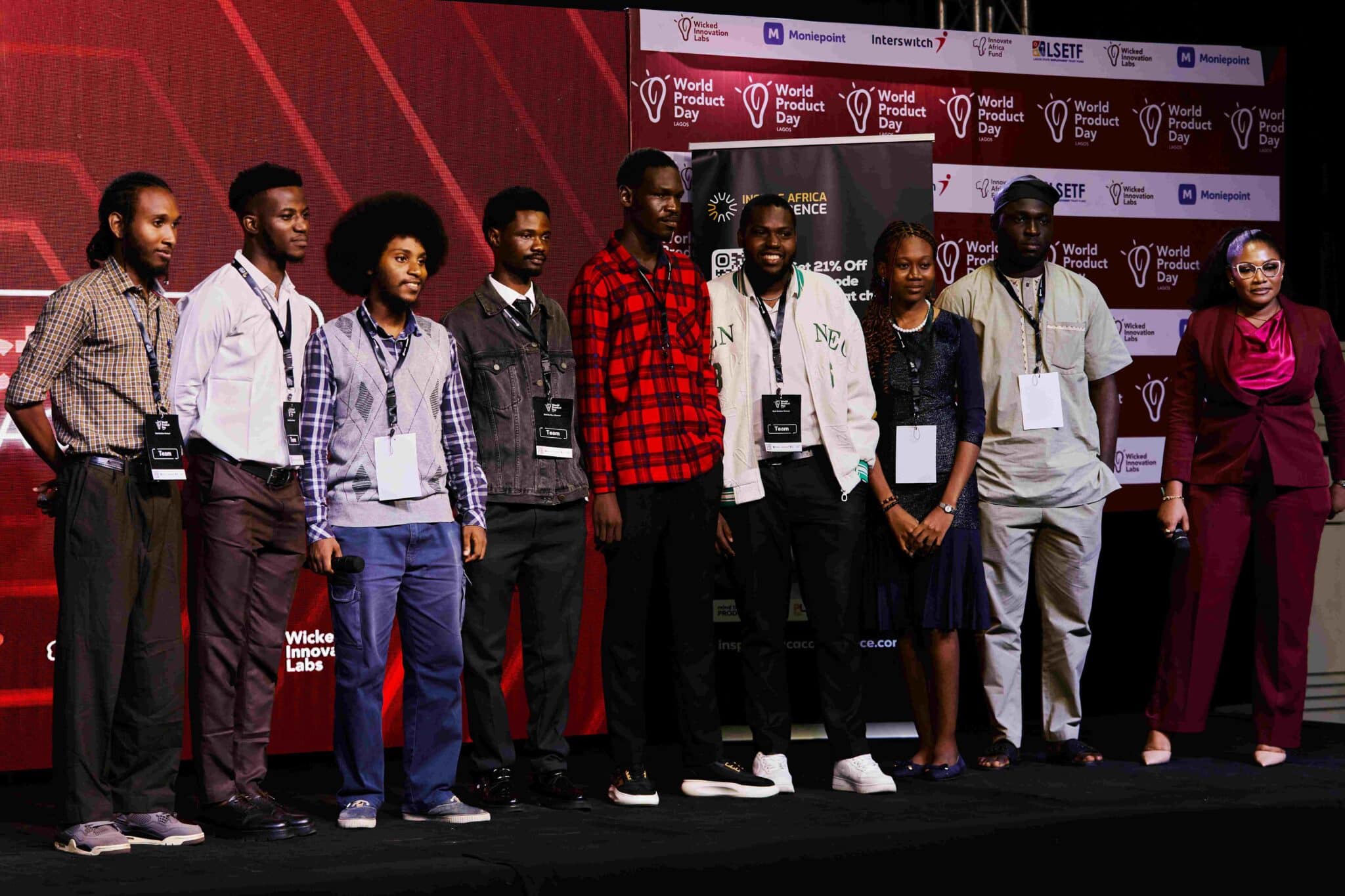African startups raised $2.65 billion in H1 2022. An impressive development on its own, it belied the fact that funding to African startups had begun slowing down. By the end of the year, it was clear that, despite appearing to buck the trend, African startups were affected by the global venture capital slowdown.
But one year later, what has changed? How much have African startups raised in H1 2023, and what can we learn from the data?
For one, we know that African startups raised $1.43 billion in H1 2023, a 46% year-on-year drop. Below are four charts that capture the state of venture capital funding in Africa.
NB: Except otherwise stated, all data used in this article was provided by Intelpoint, the data and research arm of Techpremier Media Ltd (publishers of Techpoint Africa).
Funding to Nigerian startups continues to fall
It’s become the norm to see startups in Nigeria taking home the lion’s share of funding on the continent, but that is changing. Last year, Kenya took home most of the funding with $969 million, while Nigeria was in second place. So far, the country has retained its place in the top four, but has slipped to fourth place behind Egypt, Kenya, and South Africa.
Barring a late surge in the second half, it is unlikely that startups in Nigeria will equal the $959 million raised in 2022. It’s raised $166.45 million so far.
The other members of the Big Four have maintained their strong start to the year. Egypt leads the pack with $442.5 million in funding, while Kenya ($344.3 million) and South Africa ($329.55 million) follow closely behind. Mauritius, the Seychelles, and the Democratic Republic of the Congo round out the top seven.
Two is the magic number
Many investors favour startups with more than one founder, but what’s the sweet spot? The data shows that startups with two founders are more likely to raise venture capital. 65.7% of startups that have raised money this year have two founders.
Startups with three founders also perform well, with 29.4% of the startups having three founders. Startups with just one founder made up a paltry 3.3%, but they still performed better than startups with more than three founders.
These numbers are similar to what the Intelpoint team discovered while analysing Y Combinator portfolio companies in Africa as startups with two co-founders raised more money. So if you’re a budding entrepreneur, you may want to limit the number of founders to two.
Funding to female founders is abysmal
Funding for female founders follows a familiar theme, making up almost 2% of the funding. Startups with an all-male founding team raised $1.18 billion (83%) of available funding, while mixed gender founding teams raised $213.7 million (15%) of funding.
Fintech reigns supreme
I saved this for last, because fintech is like that child who made your mother ask you if other kids had two heads. When reporting on the funding data from Q1 2023, we pointed out that fintech was the most funded sector on the continent. This was despite raising less money compared to the same period in 2022.
With the results from the first half of the year, the trend is set to continue. Startups in the financial services industry have raised more than $1 billion in H1 2023. That’s 71% of all funding that came to startups on the continent.
Digging further into the numbers reveals a few insights. Lending startups take the lead, receiving 30.4% of the funding for the sector. Payments (16%) and Insurtech (8.9%) make up the top three. Furthermore, fintech startups are increasingly favouring debt for their capital needs, with 16% opting for debt.
Bonus
There were only a few large funding rounds in H1 2023. Of the 159 deals we tracked, 139 were under $5 million, and there were 71 deals under $500,000. This was mainly due to increased activity from accelerators. Techstars, Y Combinator, The Baobab Network, and Norrsken Accelerator were a few institutions that invested less than $200,000.
Should we be worried?
Venture capital funding is a major indicator of progress in a country’s startup ecosystem. For one, it signifies investor confidence, which is usually the result of viable businesses and business opportunities. So, should we be worried about a venture capital slowdown?
Possibly. Venture-backed businesses are building critical businesses across Africa. They’re also creating jobs. A survey of Y Combinator companies revealed that they have created more than 6,000 jobs. Venture capital has also produced some of Africa’s most valuable companies. Think Wave, Flutterwave, and Paystack, so if there’s a drop in funding, it’s bound to have some impact.











